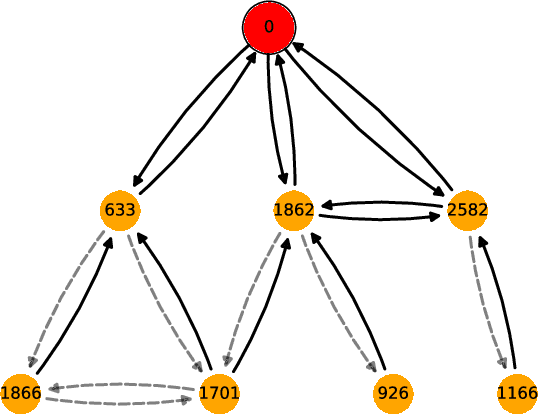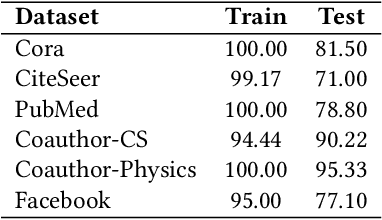GNNShap: Fast and Accurate GNN Explanations using Shapley Values
Paper and Code
Jan 09, 2024



Graph neural networks (GNNs) are popular machine learning models for graphs with many applications across scientific domains. However, GNNs are considered black box models, and it is challenging to understand how the model makes predictions. Game theory-based Shapley value approaches are popular explanation methods in other domains but are not well-studied for graphs. Some studies have proposed Shapley value-based GNN explanations, yet they have several limitations: they consider limited samples to approximate Shapley values; some mainly focus on small and large coalition sizes, and they are an order of magnitude slower than other explanation methods, making them inapplicable to even moderate-size graphs. In this work, we propose GNNShap, which provides explanations for edges since they provide more natural explanations for graphs and more fine-grained explanations. We overcome the limitations by sampling from all coalition sizes, parallelizing the sampling on GPUs, and speeding up model predictions by batching. GNNShap gives better fidelity scores and faster explanations than baselines on real-world datasets.
 Add to Chrome
Add to Chrome Add to Firefox
Add to Firefox Add to Edge
Add to Edge